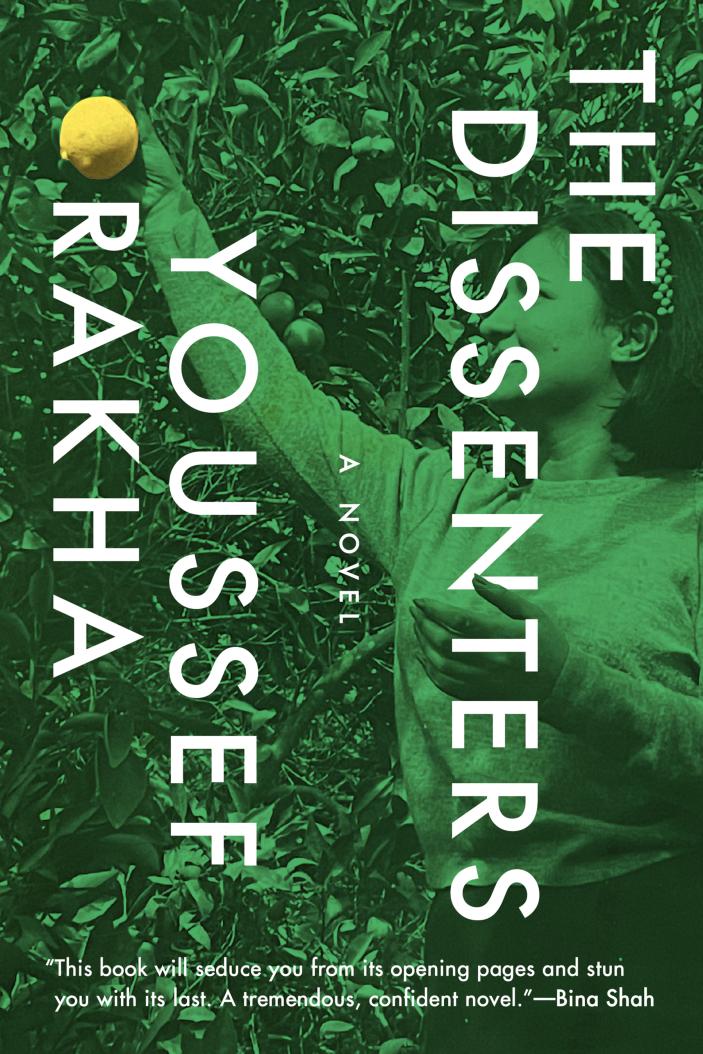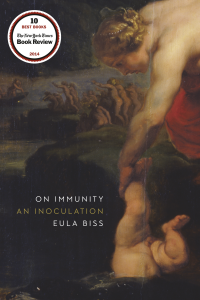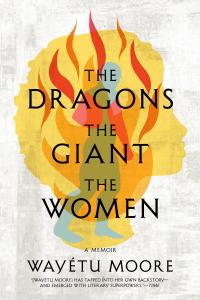Book Title
The Dissenters
Subtitle
A Novel
- Named a most anticipated book of 2025 by Harper's Bazaar, Literary Hub, and The Millions
Body
Certain as I’ve never been of anything in the world that you have a right or a duty to know, that you absolutely must know, I sail through the mouth of that river into the sea of her life.
Amna, Nimo, Mouna—these are all names for a single Egyptian woman whose life has mirrored that of her country. After her death in 2015, her son, Nour, ascends to the attic of their house where he glimpses her in a series of ever more immersive visions: Amna as a young woman forced into an arranged marriage in the 1950s, a coquettish student of French known to her confidants as Nimo, a self-made divorcee and a lover, a “pious mama” donning her hijab, and, finally, a feminist activist during the Arab Spring. Charged and renewed by these visions of a woman he has always known as Mouna, Nour begins a series of fevered letters to his sister—who has been estranged from Mouna and from Egypt for many years—in an attempt to reconcile what both siblings know about this mercurial woman, their country, and the possibility for true revolution after so much has failed.
Hallucinatory, erotic, and stylish, The Dissenters is a transcendent portrait of a woman and an era that explodes our ideas of faith, gender roles, freedom, and political agency.
Amna, Nimo, Mouna—these are all names for a single Egyptian woman whose life has mirrored that of her country. After her death in 2015, her son, Nour, ascends to the attic of their house where he glimpses her in a series of ever more immersive visions: Amna as a young woman forced into an arranged marriage in the 1950s, a coquettish student of French known to her confidants as Nimo, a self-made divorcee and a lover, a “pious mama” donning her hijab, and, finally, a feminist activist during the Arab Spring. Charged and renewed by these visions of a woman he has always known as Mouna, Nour begins a series of fevered letters to his sister—who has been estranged from Mouna and from Egypt for many years—in an attempt to reconcile what both siblings know about this mercurial woman, their country, and the possibility for true revolution after so much has failed.
Hallucinatory, erotic, and stylish, The Dissenters is a transcendent portrait of a woman and an era that explodes our ideas of faith, gender roles, freedom, and political agency.
List Price
$17.00
Purchase at
Purchase at:
Keynote
A transgressive novel by an acclaimed writer that spans seventy years of Egyptian history
Praise
“At the heart of Rakha’s novel are the negotiations and renegotiations of the price of meaningful transformation, on personal as well as political fronts. The consonance between these unfoldings not only centers close kinship among the dissenters and with their country but also real grief over the relationships and futures lost in the tumult. The Dissenters immortalizes those fallen sons and daughters of Egypt, whose existences are words, lines, and pages in that ongoing love story of revolution.”—N. S. Ahmed, BOMB
- “Unflinching in the portrayal of women’s bodies mobilized in protest, The Dissenters is a complex novel about womanhood, political resistance, and personal history.”—Isabella Zhou, Foreword Reviews
- “A rewarding and sprawling portrait of modern Egypt as reflected through the life story of a complicated Egyptian woman. . . . Readers will be mesmerized.”—Publishers Weekly
- “Rakha’s project is an admirable and inspired one. . . . Rakha addresses his larger questions—about gender roles, power, and autonomy in the context of Egyptian history—with a startling freshness.”—Kirkus Reviews





